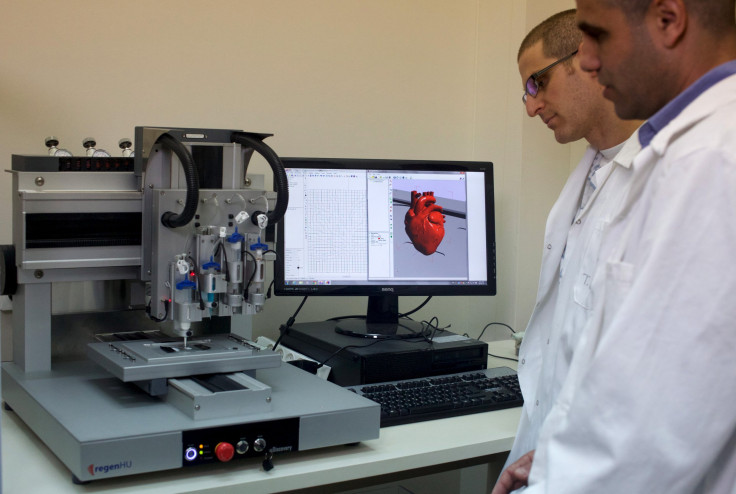Heart attack survival rate better in married people

A large study of hospital data has suggested that marriage can improve chances of heart attack survival and even save money by reducing hospital stay. The study found that married people were 14 percent less likely to die after a heart attack than single people.
The research was presented at the British Cardiovascular Society (BCS) Conference in Manchester. The team consisted of researchers from Aston Medical School and the University of East Anglia.
The study also found that on average, married people were likely to spend two fewer days in hospital than those who are single. Every year, there are about 188,000 hospital episodes that deal with heart attack in the UK. Better treatments and improvements in diagnosis have resulted in seven out of 10 people surviving a heart attack.
The researchers in the study analyses 25,000 patients who had heart attack diagnosis between January 2000 and March 2013. This is the first of a kind study to suggest marital status affects how quickly heart attack sufferers are discharged. The findings emphasise the importance of emotional and physical support after a heart attack.
Reduction in hospital stay can benefit both the sufferer and the NHS financially. On average, a patient shells out £400 (AU$778) per day on a surgical ward. Reducing the period of stay in the cardiology unit alone can save NHS up to £9.8 million (AU$19 million). Shorter stays at the hospital lowers the risk of hospital-acquired infections in patients.
“Our results should not be a cause for concern for single people who have had a heart attack. But they should certainly be a reminder to the medical community of the importance of considering the support a heart attack survivor will get once they’re discharged,” Dr. Nicholas Gollop from UEA’s Norwich Medical School said in a statement.
A recent survey of British Heart Foundation (BHF) supporters revealed that 30 percent (one in three) heart attack survivors suffered from depression and anxiety. Being married helps in dealing better with the psychosocial effects of a heart attack.
The study was performed by the ACALM (Algorithm for Comorbidities, Associations, Length of stay and Mortality) Study Unit. The algorithm has a one million patient dataset that utilises Hospital Episode Statistics (HES) data from the North of England.
“A heart attack can have both devastating physical and psychological effects -- most of which are hidden from the outside world. These findings suggest the support offered by spouse can have a beneficial effect on heart attack survivors, perhaps helping to minimise the impact of a heart attack,” said BHF associate medical director Dr. Mike Knapton.





















